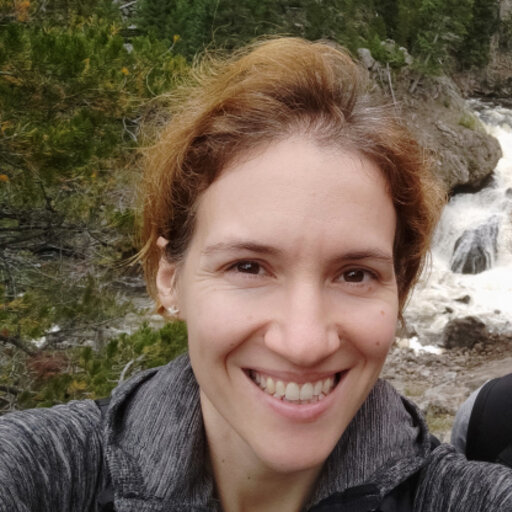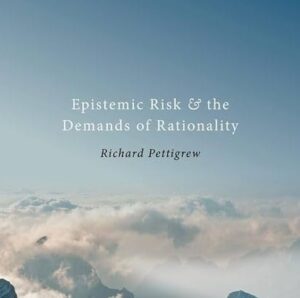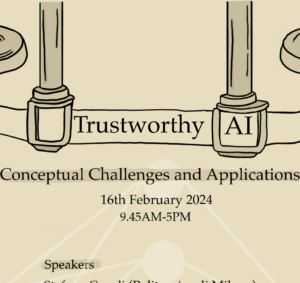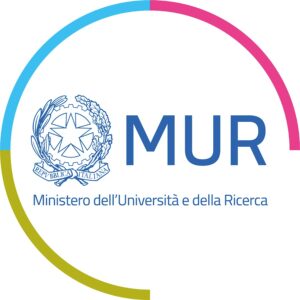May 21st at 17:00 at Aula Schiavoni, ground floor of Polimi building 20 (via Ponzio 34/5).
Abstract: Personal experience, local knowledge, and social-learning influence climate risk perception and vary substantially among countries and regions. Likewise, they differently affect individuals and social groups at the regional and local scale, among whom exposures, attitudes, and capacities to manage climate risks vary greatly. Qualitative data is hence well-suited to delve into the human dimension of the climate change adaptation process. It refers to non-numerical information that approximates and characterizes the social side of coupled human-nature systems. This social data contributes to uncovering system’s hidden drivers and interactions, revealing unintended impacts, and generating contextualised and actionable local knowledge. Likewise, it supports building collaborative problem-solving by monitoring how individuals, managers, stakeholders, or decision-makers perceive and react, being aware of how previous experience, awareness, risk patterns, or uncertainty can influence individual’s behavior and decisions. However, qualitative data is not always available, nor easy to recap and analyze, and it can also be difficult to be integrated in engineering research. In this talk, we aim to explore the benefits and challenges of using qualitative data as an additional input for quantitative measurements and monitoring on climate change. The first part of the talk will define the framework for participatory approaches, including different methods and tools for data collection and analysis, innovative research pathways, and decision and policy transformation processes. Then, the second part will highlight the outcomes of their application in real world case studies, including insights from farmers’ risk preferences and behavior when responding to climate change, or stakeholders’ dialogues to manage the Water-Energy-Food-Ecosystems (WEFE) nexus.
Sandra Ricart is assistant professor at the Environmental Intelligence for Global Change Lab, at the Department of Electronics, Information and Bioengineering at the Politecnico di Milano, Italy. She holds a Ph.D. in Geography – Experimental Sciences and Sustainability, by the University of Girona, Spain, and completed postdoctoral and visiting research periods in the Université de Pau et des Pau et des Pays de l’Adour, the Università degli Studi di Milano, the Universidad de Alicante, and Wageningen University & Research. She is Associate Editor of the International Journal of Water Resources Development. As human-environment geographer, she delves into the social side of climate change by integrating awareness, perception, and adaptation from individuals and stakeholders’ perspectives as input for enriching behavioural analysis and modelling. Her particular interest is to advance in conceptual and methodological transdisciplinary to better respond to challenges influencing the management of complex socio-ecological systems. In this regard, she is leading a PhD course in which social data is conceived from different approaches, methods, and tools to offer additional information datasets for complex systems modelling, which aims to reinforce the capacity to co-define and co-design collaborative problem-solving strategies between social researchers and engineers. She takes part to the projects Horizon 2020 GONEXUS (Innovative tools and solutions for governing the water-energy-food-ecosystems nexus under global change, GA: 101003722) and SOSWATER (Water resources system safe operating space in a changing climate and society, GA 101059264), both with the aim to provide, through in-depth case studies, participatory dialogues and co-designed scenarios, a framework to better manage coupled human-nature systems. Likewise, she is coordinating the work group on social learning and stakeholders’ engagement of the COST action FUTUREMED (A transdisciplinary network to bridge climate science and impacts on society, CA22162).










